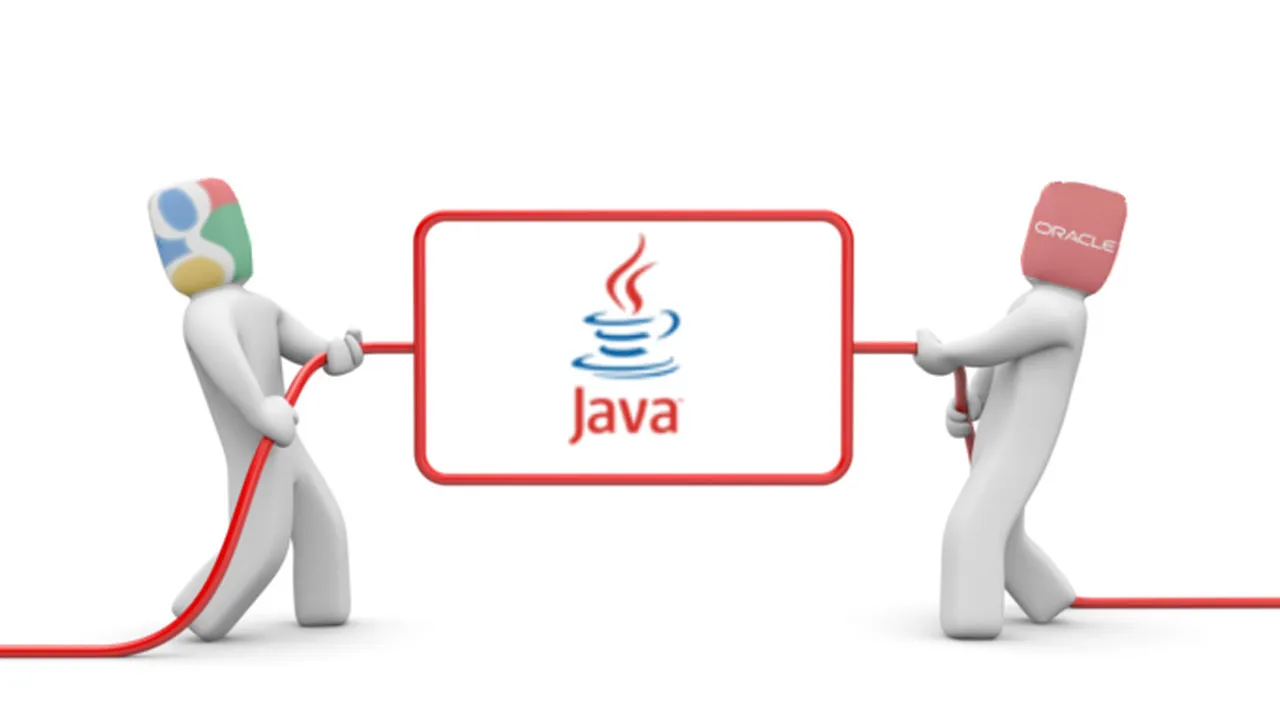On Monday, the United States Supreme Court ruled in favour of Google in its decade long, multibillion-dollar battle with Oracle. The higher court overturned the lower courts’ decision and said Google’s copying of Java API code was fair use. The apex court threw out a lower court ruling that said Android infringed Oracle’s copyrights on the Java software platform. “Google’s copying did not violate the copyright law,” wrote Justice Breyer.
Register for Free Hands-on Workshop: oneAPI AI Analytics Toolkit
Oracle bought Sun Microsystem in 2010 and owns Java now. Oracle accused Google of illegally copying more than 11,000 lines of Java API code to develop Android, the OS that powers over two billion smartphones worldwide.
The story dates back to 2005 when Google acquired Android, a fledgling startup then. Back then, software developers understood and wrote programs using the Java programming language: Sun Microsystems’ brainchild.
To determine if Google’s limited copying of the API is fair, the Court examined the following four factors as per the Copyright Act’s fair use provision:
- Purpose and character of the use
- Nature of the copyrighted work
- Amount and substantiality of the portion used in relation to the copyrighted work as a whole and
- Effect of the use upon the potential market for or value of the copyrighted work.
Making a case for Oracle, Justice Thomas, alongside Justice Samuel Alito, said Google’s copying was unfair. They argued that Google decimated Oracle’s market and created a mobile OS, earning tens of billions of dollars every year. However, Justice Breyer said that Google’s copying for the Android system amounted to just 0.4% of the 2.86 million lines of Java API computer code. He likened it to a “gas pedal in a car that tells the car to move faster or the QWERTY keyboard on a typewriter that calls up a certain letter when you press a particular key.”
“Oracle wanted $9 billion in damages from Google.”
Oracle and Google have been locking horns for nearly a decade now over a chunk of code that makes the APIs work. These APIs or Application Program Interfaces are ubiquitous. Everyone uses them, and developers around the world design them using open-source tools. But, what are these APIs?
According to Gartner, APIs(in the context of machine learning):
- Can make it easier for data scientists to find and choose from the huge variety of available algorithms, experiments.
- Can enable organisations to build advanced analytics solutions in a faster way.
- Can address the skill gap in advanced technology.
- Can help commercialise solutions easily.
- Can enable ease of ML model choosing.
#opinions #api developers #java #oracle vs google #oracle vs google court ruling #oracle vs google java #sun microsystem java
